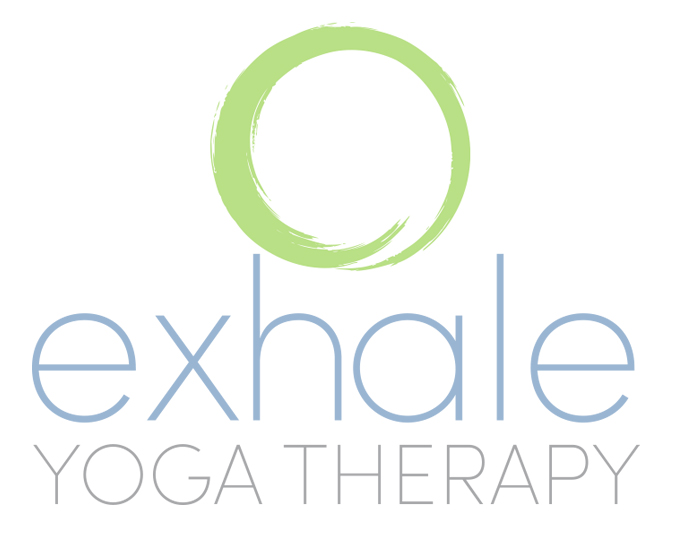Yoga for Pain Care
Persistent pain is a complex condition that can change our lives in many small and major ways. Yoga has been shown to effectively manage and even reverse chronic pain by helping the body and mind “unlearn” stress and pain responses, replacing those responses with healthier, positive experiences and patterns.
Yoga for Pain Care is a specialized class focusing on a holistic approach to pain recovery. Classes will guide you through gentle yoga movements, breathing practices and stress reduction techniques to help you “re-embody” your body, improve pain tolerance, rebalance your nervous system, redirect your body’s energy toward repair and restoration, and support mental and emotional ease and well-being.
Benefits of Yoga for Pain Care:
Gentle, progressive, easily-modified physical movements and yoga postures to relieve muscle tightness, help correct muscle imbalances, and improve muscular strength and mobility.
Practices that guide you to work skillfully with the way your mind and body respond to pain to help increase pain tolerance and reduce suffering.
Stress reduction and positive psychology techniques to lower anxiety and soften the psychological and physical effects of pain.
Relaxation practices that teach the mind and body how to rest in a sense of safety and state of calm rather than chronic emergency.
Detailed sleep hygiene checklists and bedtime practices to support sounder sleep.
A safe and supportive space that offers opportunities to connect with others and also to one’s own deeper nature to help nurture self-healing and a greater sense of hope and connectedness.
All participants will receive a free copy of Neil Pearson’s “Understand Pain, Live Well Again” as part of the class tuition.
Classes are offered in a warm and welcoming environmet. All levels of physical ability are welcome and no yoga experience is necessary. Private Yoga Therapy sessions for pain care are also available. Please email Lori for details.
"Practicing yoga has the opposite effect on the brain as does chronic pain."
-Catherine Bushnell, Ph.D., Scientific Director
National Center for Complementary and Integrative Health (NCCIH)

